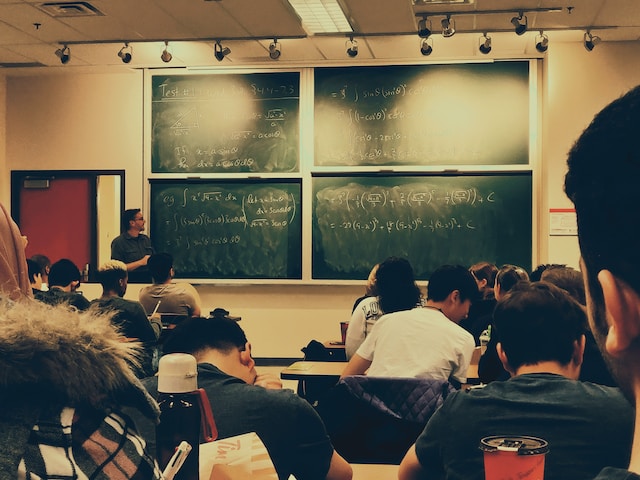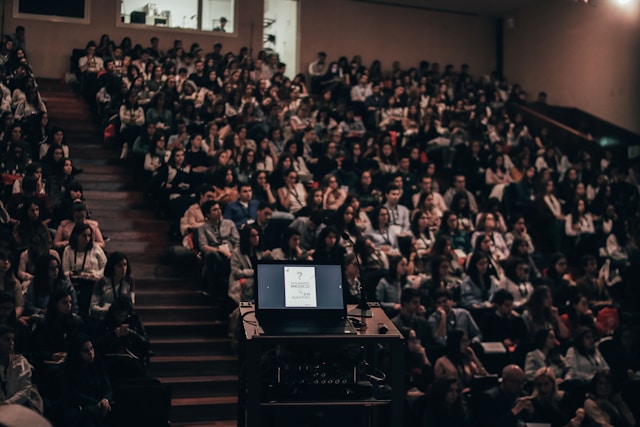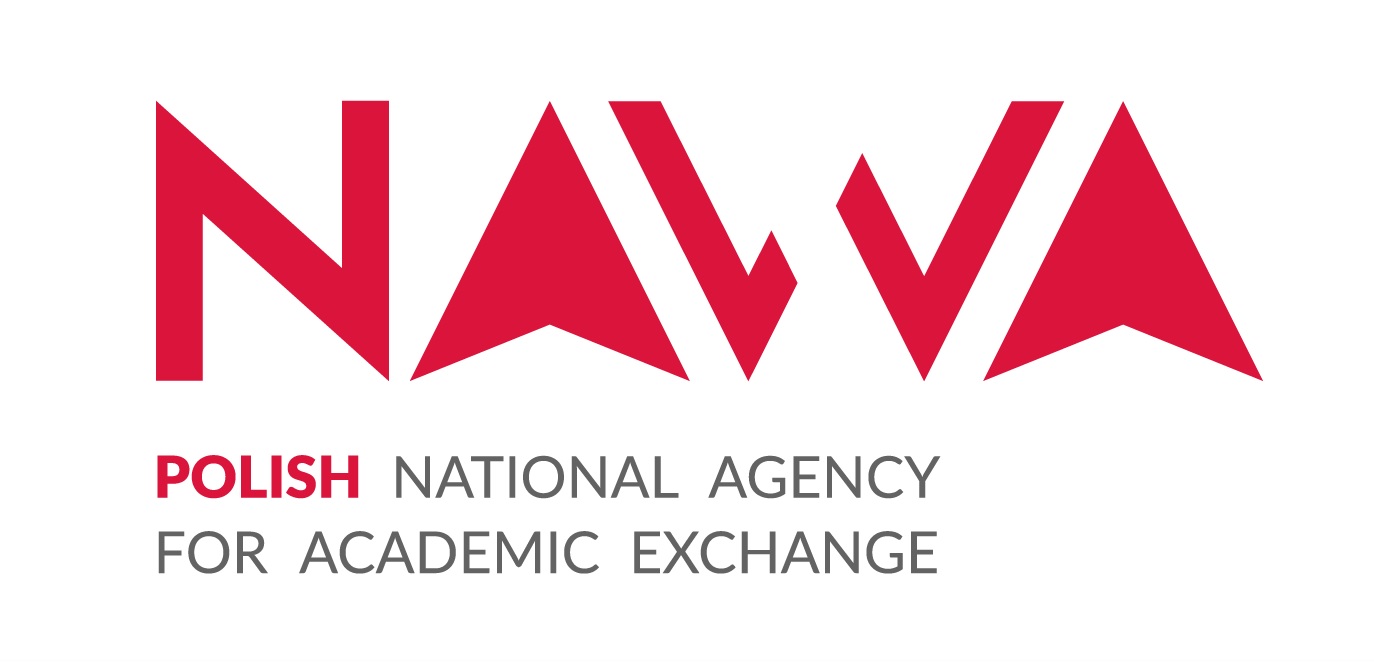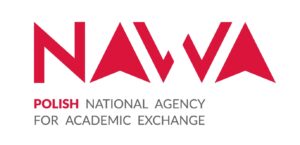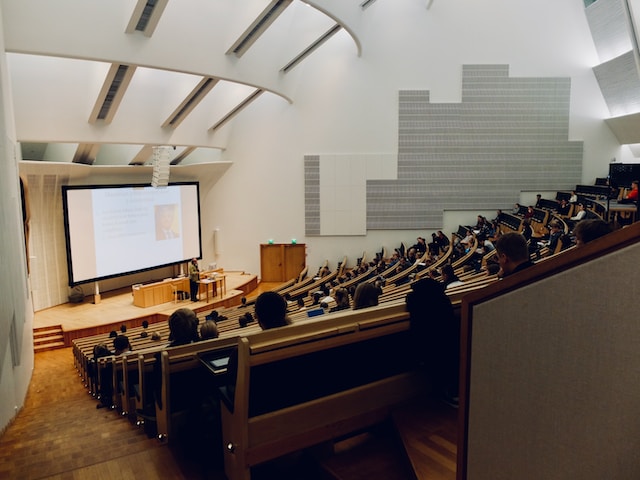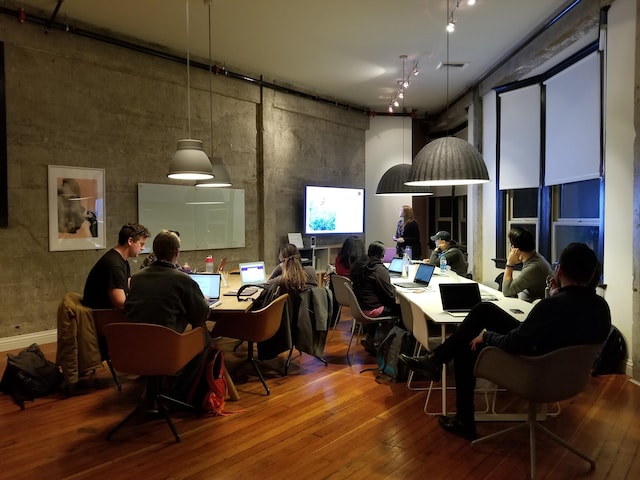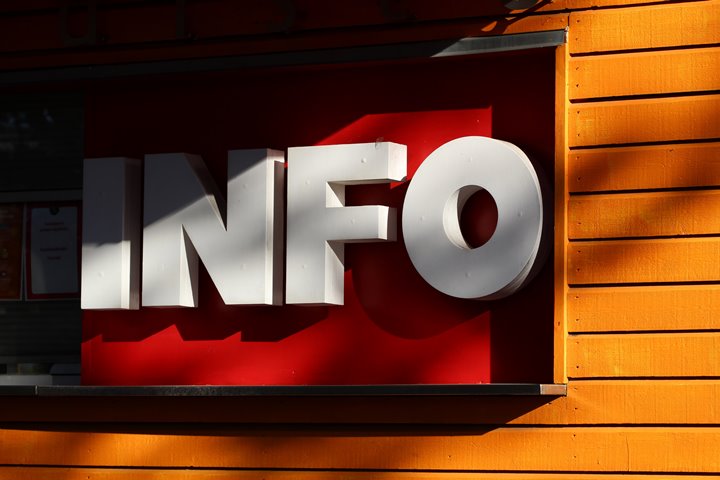SPOTLIGHT TALK – 24/04/2024
The Warsaw Doctoral School in Natural and Biomedical Sciences and the Institute of High Pressure Physics PAS cordially invites you to a SPOTLIGHT TALK.
The talk is given by Prof. Eva Monroy (Quantum Photonics, Electronics and Engineering Laboratory, PHELIQS of CEA-Grenoble, France).
When and where?
24th April 2024, 13:00 pm
at the IHPP PAS New Technologies Building, Al. Prymasa Tysiąclecia 98, seminar room, 2nd floor
Duration: 60 min + more
Abstract
The COVID pandemic triggered a demand for UV lamps for disinfection, which was initially met with low-pressure mercury lamps. Presently, there is a transition towards the use of AlGaN LEDs, which are regarded as a safer and more environmentally sustainable alternative. Despite their advantages, the efficiency and cost-effectiveness of LEDs at 270 nm remain low due to several unsolved challenges, including the optimization of electrical injection. Moreover, the 250-270 nm spectral range, which corresponds to the peak efficiency for disinfection, is associated with risk of cancer and cataracts, prompting research into alternative UV sources with reduced penetration depth, notably within the 220-230 nm spectrum. In this domain, cathodoluminescent UV lamps emerge as a viable solution to obtain substantial radiant power while mitigating associated health risks.
This presentation will focus on the development of efficient UVC emitters by exploring the growth of AlGaN/AlN dots-in-a-wire structures, quantum dot superlattices, and ultrathin GaN/AlN quantum wells using plasma-assisted molecular beam epitaxy. For nanowires, we fine-tune growth conditions to ensure uniform active regions suitable for electron beam interaction. With quantum dots or wells, we optimize aluminum content and growth conditions to achieve strong emission at wavelengths below 230 nm. These nanostructures show internal quantum efficiency higher than 50% and maintain performance under varying pumping power, making them versatile for different device applications.


